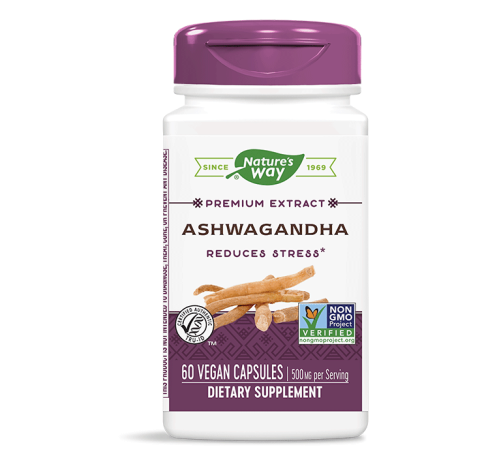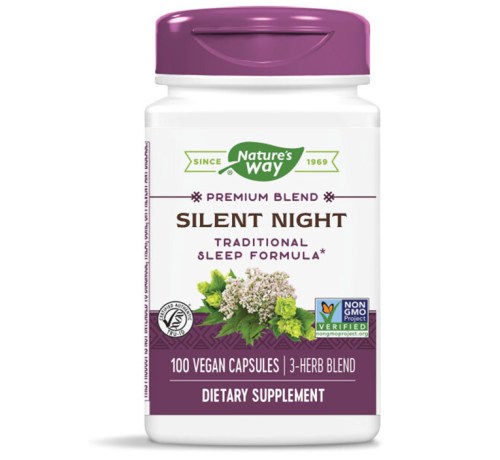Have you ever felt your stomach cramp up while dealing with a stressful work project? Or slept all of three hours (even though you were in bed for eight) trying to solve your future self’s problems?
Stress—be it from work, friends, or just life lately—doesn’t only take a toll on your emotional well-being. It affects many different aspects of your health—which is why when you’re stressed, you feel it everywhere. (Starts squeezing avocado stress ball immediately.)
As a functional doctor, Bindiya Gandhi, MD, receives many inquiries on stress, namely: How do I learn to manage stress? It’s a simple question, but the answer is a lifelong process you have to master. “If you never learn how to manage stress, it will take over you,”Dr. Gandhi says. So, let the learning commence.
Keep reading to learn how to combat stress by focusing on 3 different parts of your life.
1. Diet
Ending a stressful day with a pint of ice cream sometimes feels like just what the doctor ordered. But, overdoing it or taking it to the other extreme (i.e. loss of appetite due to stress) can have negative effects on your general health.
To make sure your soul-soothing ice cream doesn’t end up making you feel worse, balance it out with some sources of good-for-you nutrients like whole grains, leafy greens, and colorful fruits and veggies. You can also consider adding botanical supplements.
Remember: Just because you may have gone heavy on the sweets or whatever it is your soul needs, it doesn’t mean your whole day of eating is ruined—simply incorporate your healthy faves as well.
2. Movement
The saying is true: Exercise gives you endorphins, and endorphins make people happy. And Dr. Gandhi concurs: “Exercise-releasing endorphins are great for your stress levels,” she says. “Doing things like yoga, which are more gentle, can also help the body relax.”
Need more motivation to work out? Taking energy-supporting supplements—like Nature’s Way® Rhodiola, which helps promote physical endurance and mental stamina—can help support your exercise routine.*
Plus, even if you don’t have time for a full sweat sesh, you can just take a few minutes to stretch or use your allotted lunch time to go on a walk around your neighborhood. You’re not only giving yourself a break from what could be the source of your stress, but the movement can also help spark that endorphin magic.
3. Relaxation + recovery
How helpful is hearing someone tell you to calm down when you’re in the midst of stress overload? Answer: extremely not helpful. But that’s not to say you can’t gently tell yourself to relax by implementing new stress-busting practices.
“Learning simple ways to calm the mind is so important to help balance cortisol levels and manage overall stress,” Dr. Gandhi says. That’s why she suggests meditation and mindfulness as a reset button for your mental and emotional well-being.
You also might not think of sleep as a stress recovery tool since you do it every night, but it definitely counts. “Sleep is usually interrupted during chronic stressful periods,” Dr. Gandhi says. “But having good sleep hygiene will help overall to get good quality sleep and reduce your stress levels.”
If you need help with occasional sleeplessness, Nature’s Way® Silent Night contains an herbal blend of lemon balm, hops, and valerian—all of which have traditionally been used to help support sleep, making them exactly what your stress has been searching for.* To help you wind down at bed time even more, Nature’s Way® Ashwagandha is an ancient, stress-reducing supplement that contains 500 milligrams per serving—making it one of Dr. Gandi’s go-tos when she’s feeling stressed.*
Simply try to eat a balanced diet (along with upping your supplement game), jumpstart those endorphins, pencil in a meditation session or two, and you’ll be on your way to some much-needed Zen.
BROWSE STRESS-SUPPORTING SUPPLEMENTS*

Nature's Way Ashwagandha

Nature's Way Rhodiola

Nature's Way Silent Night
Sponsored by Nature’s Way®
Top photo: Stocksy/Rob and Julia Campbell
*These statements have not been evaluated by the Food & Drug Administration. These products are not intended to diagnose, treat, cure, or prevent any disease.
Sign Up for Our Daily Newsletter
Get all the latest in wellness, trends, food, fitness, beauty, and more delivered right to your inbox.
Got it, you've been added to our email list.





